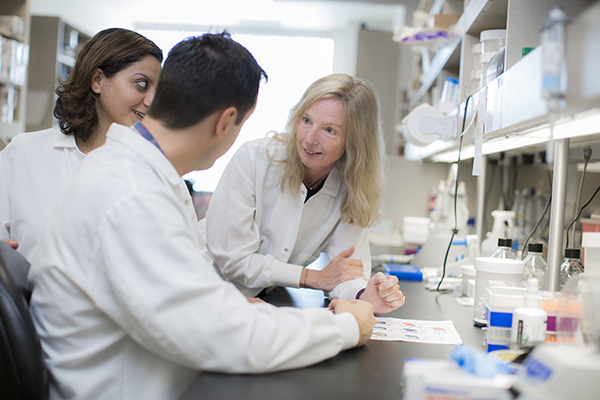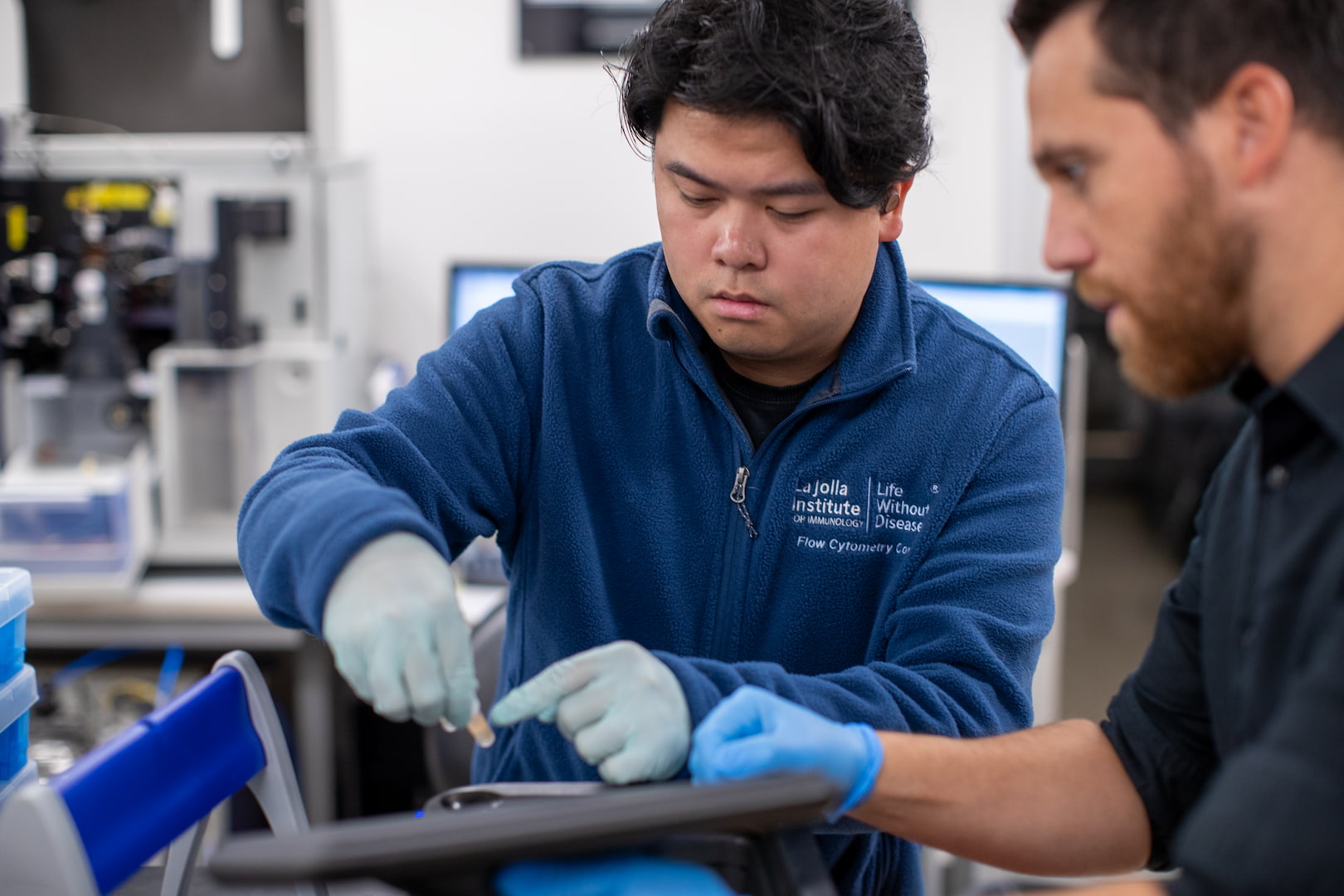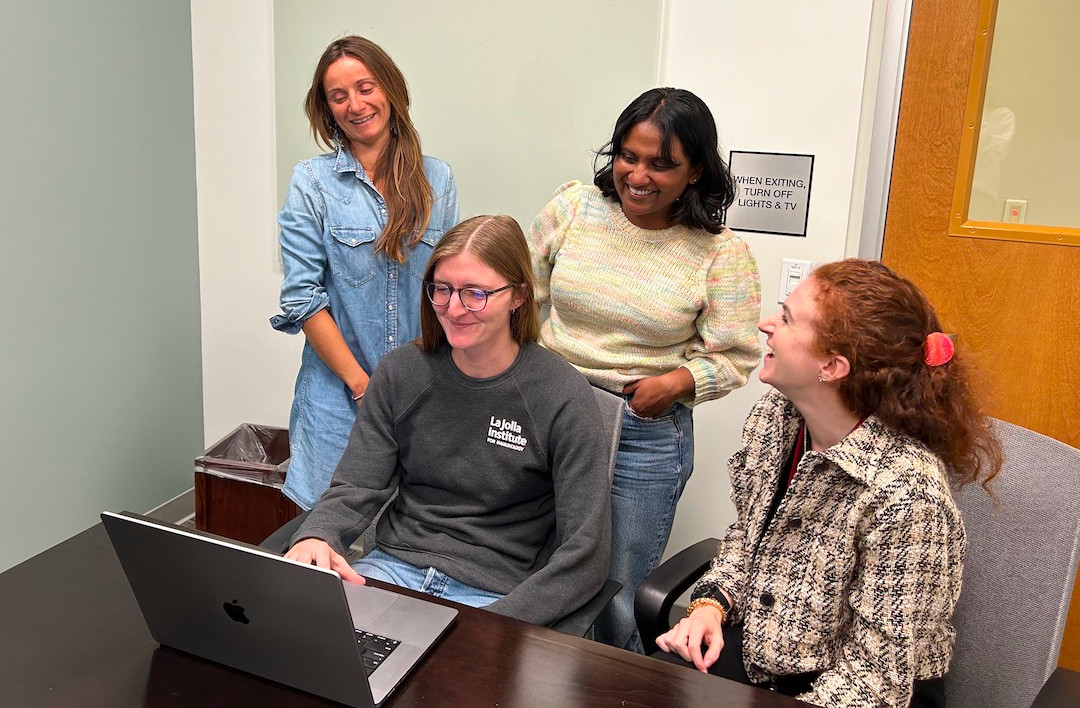LA JOLLA, CA—La Jolla Institute researcher Catherine (Lynn) Hedrick, Ph.D., a Professor in the Division of Inflammation Biology, has been awarded a five-year, $13 million grant by the National Institutes of Health to lead a collaborative research program project to study how functional changes in immune cells contribute to atherosclerosis. The end goal of the study is to identify novel therapeutic strategies targeting immune cell function to reduce cardiovascular disease.
“Over the past ten years, several research groups, including our own, have shown the importance of certain immune cell subsets in preventing or exacerbating heart disease in mice, but we are just beginning to understand how the metabolism and function of these immune cells change during cardiovascular disease progression in humans,” says Hedrick.

Atherosclerosis, the hardening and narrowing of arteries, is the most common cause of heart attacks, strokes and peripheral vascular disease, conditions that are commonly summed up as cardiovascular disease. Collectively, heart disease and stroke remain the leading causes of death worldwide and on average, someone dies of cardiovascular disease every 40 seconds. Immune cells—B cells, T cells, monocytes, and macrophages—are key protective cells in blood vessels. But, during atherosclerosis development, these cells undergo functional changes that turn them into pro-inflammatory cells that increase cardiovascular risk.
“The grant provides us an exciting opportunity to understand these mechanisms in human cardiovascular disease and to discover new immune-based targets for cardiovascular disease,” says Hedrick. “We will be able to link all of our group’s discoveries using blood samples and clinical data from the extensive NHLBI-sponsored Multi-Ethnic Study of Atherosclerosis (MESA) cohort, a large longitudinal cohort established in 2000 to study factors contributing to cardiovascular disease progression. Our goal is to understand how immune cells, who normally function to protect the body from disease, can sometimes ‘switch their personality’ and instead of protecting against cardiovascular disease, now actively contribute to the progression of the disease.”
Hedrick, whose laboratory will focus on the role of cholesterol and LDL in reprogramming specific subsets of immune cells as part of the Program Project Research grant, has assembled a high-powered, multi-institutional team, including investigators from UC San Diego and the University of Virginia.
LJI colleague Professor Klaus Ley, M.D., also in the Division of Inflammation Biology, will work on the development of a vaccine to reduce or prevent atherosclerosis. Coleen McNamara, MD, a Professor of Internal Medicine at the University of Virginia, recently discovered a B cell subset that produces natural antibodies to protect from diet-induced atherosclerosis in mice, and she hopes to gain insights into the equivalent mechanisms in humans. Yury Miller, M.D., Ph.D., a Professor of Medicine at UC San Diego School of Medicine, will investigate disease-promoting and protective mechanisms by which cholesterol regulates macrophages within atherosclerotic plaques.
About the La Jolla Institute for Immunology
The La Jolla Institute for Immunology is dedicated to understanding the intricacies and power of the immune system so that we may apply that knowledge to promote human health and prevent a wide range of diseases. Since its founding in 1988 as an independent, nonprofit research organization, the Institute has made numerous advances leading toward its goal: life without disease.


